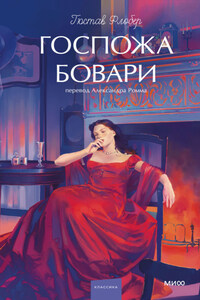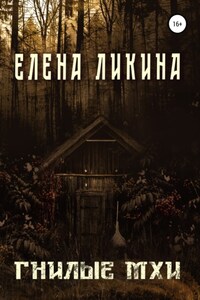HALF a dozen boys were gathered in one of the studies at Shrewsbury. A packed portmanteau and the general state of litter on the floor was sufficient to show that it was the last day of term.
"Well, I am awfully sorry you are going, Bullen; we shall all miss you. You would certainly have been in the football team next term; it is a nuisance altogether."
"It is a nuisance; and I am beastly sorry I am leaving. Of course I have known for some time that I should be going out to Russia; but I did not think the governor would have sent me until after I had gone through the school. His letter a fortnight ago was a regular stumper. I thought I should have had another year and a half or two years, and, of course, that is just the jolliest part of school life. However, it cannot be helped."
"You talk the language, don't you, Bullen?"
"Well, I used to talk it, but I don't remember much about it now. You see I have been home six years. I expect I shall pick it up again fast enough. I should not mind it so much if the governor were out there still; but you see he came home for good two years ago. Still it won't be like going to a strange place altogether; and as he has been living there so long, I shall soon get to know lots of the English there. Still I do wish I could have had a couple of years more at Shrewsbury. I should have been content to have gone out then."
"Well, it is time for us to be starting. I can hear the omnibus."
In a few minutes the omnibus was filled with luggage inside and out; the lads started to walk to the station. As the train drew up there were hearty good-byes, and then the train steamed out of the station, the compartment in which Godfrey Bullen had taken his seat being filled with boys going, like himself, straight through to town. All were in high spirits, and Bullen, who had felt sorry at leaving school for the last time, was soon as merry as any of them.
"You must mind what you are up to, Bullen," one of his companions said. "They are terrible fellows those Nihilists, they say."
"They won't hurt Bullen," another put in, "unless he goes into the secret police. I should say he would make a good sort of secret policeman."
"No, no; he is more likely to turn a Nihilist."
"Bosh!" Bullen said, laughing. "I am not likely to turn a secret policeman; but I am more likely to do that than to turn Nihilist. I hate revolutionists and assassins, and all those sort of fellows."
"Yes, we all know that you are a Tory, Bullen; but people change, you know. I hope we shall never see among the lists of Nihilists tried for sedition and conspiracy, and sentenced to execution, the name of one Godfrey Bullen."
"Oh, they wouldn't execute Bullen!" another said; "they would send him to Siberia. Bullen's always good at fighting an uphill game, and he would show off to great advantage in a chain-gang. Do they crop their hair there, Bullen, and put on a gray suit, as I saw them at work in Portsmouth dockyard last year?"
"I am more likely to see you working in a chain-gang at Portsmouth, Wilkinson, when I come back, than I am to form part of a convict gang in Siberia – at any rate for being a Nihilist. I won't say about other things, for I suppose there is no saying what a fellow may come to. I don't suppose any of the men who get penal servitude for forgery, and swindling, and so on, ever have any idea, when they are sixteen, that that is what they are coming to. At present I don't feel any inclination that way."
"I should say you were not likely to turn forger anyhow, Bullen, whatever you take to."
"Why is that, Parker?"
"Because you write such a thundering bad hand that you would never be able to imitate anyone else's signature, unless he couldn't go farther than making a cross for his name, and the betting is about even that you would blot that."
There was a roar of laughter, for Bullen's handwriting was a perpetual source of trouble to him, and he was continually losing marks for his exercises in consequence. He joined heartily in the laugh.











